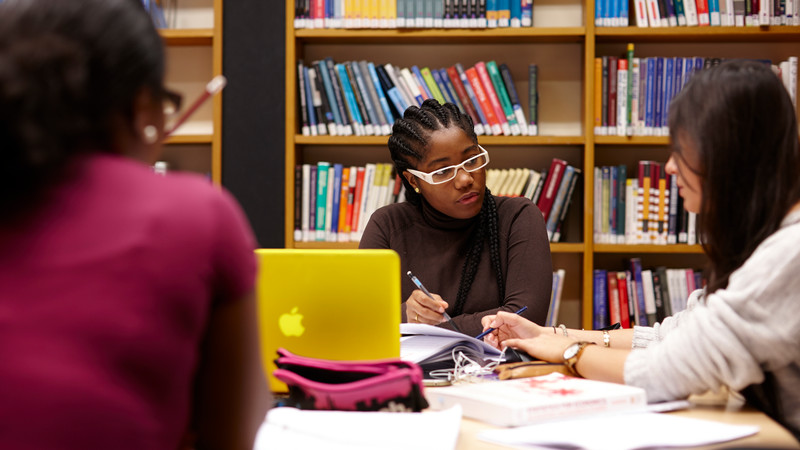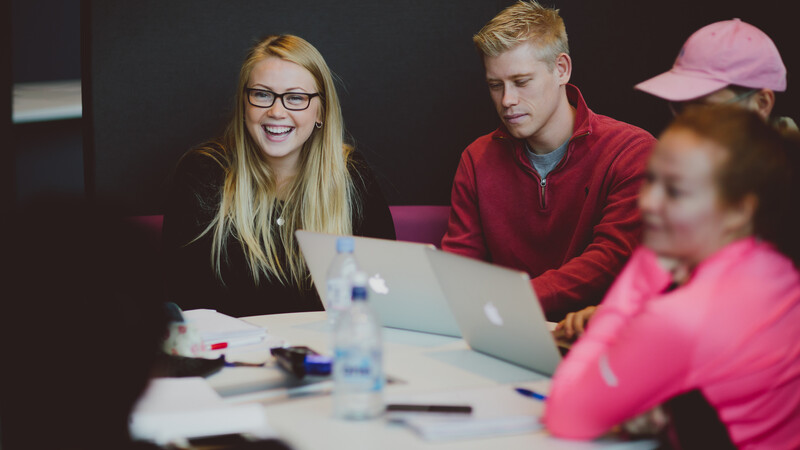All Oxford Brookes University students can benefit from the range of free workshops and special events listed below. This semester some of our workshops will take place on campus in a space that has been renamed the Think Tank. The hope is that this will become a place where students can access development opportunities from a range of different departments at Oxford Brookes. We will also continue to offer workshops via Zoom so that you can access the session from wherever you happen to be.
Below is a timetable for what we offering in Semester 2 along with links to book your place.





